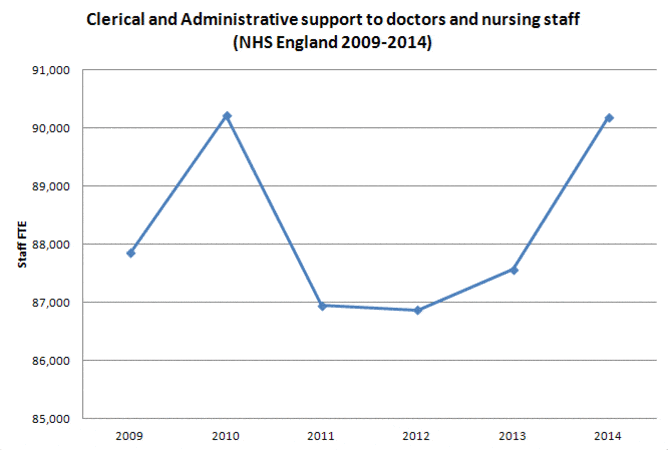The UK’s Cameron Attacks Bureaucracy, and Irony Ensues
Five years ago, a fresh-faced leader of the opposition stood on the stage at a TED conference in London speaking to a gathering of technologists and entrepreneurs. His promise was to deliver the next age of government. David Cameron’s talk did not feature the words “austerity”, “immigration”, or “long-term economic plan”, but instead an optimistic vision of family, community, and smarter digital governance built on a technological revolution.





